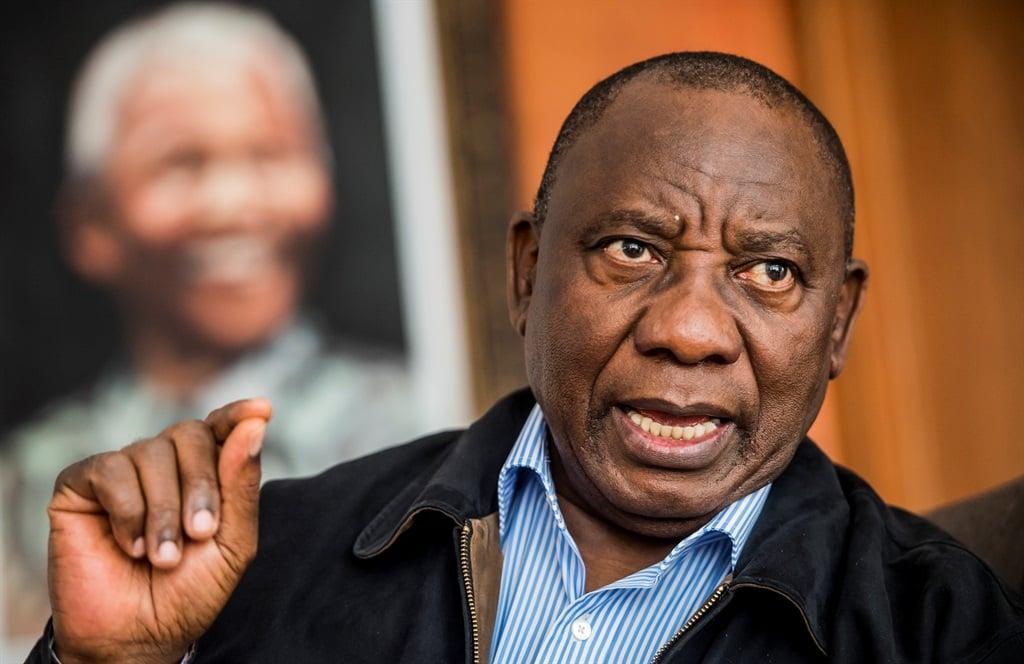Africa-Press – South-Africa. The crippling water crisis in the Uthukela District Municipality took centre stage at a Presidential Imbizo in KwaZulu-Natal on Friday.
This as President Cyril Ramaphosa met leaders and residents to get a first-hand account of the issues facing it.
The district has been plagued by ongoing water issues which has been exacerbated by crime and vandalism of existing water infrastructure.
Ramaphosa was first briefed by local leaders before engaging with residents who lined up to address him in Ladysmith.
IFP Mayor Prince Ntandoyenkosi Shabalala was the first to address Ramaphosa at the Onguqwini sports field.
Shabalala said national government should not politicise the water woes in parched uThukela, which needed R3 billion to fix the year-long crisis.
He added it affected everyone in the community.
Describing the crisis as “epic”, Shabalala said he had recently communicated this to Water and Sanitation Minister Senzo Mchunu as well.
Shabalala’s comments come as political parties, led by the ANC and EFF, seek to topple him and other IFP leaders from the council. Chief Nqayizivele Wiseman Sithole also highlighted the water issues, saying they last had access to clean water in 2022.
He said:
We don’t drink water from this place. Macingwana [Mchunu] has promised to deliver water.
About rising levels of crime, he urged Police Minister Bheki Cele to help the community curb it, particularly those affecting pupils.
KZN Premier Nomusa Ncube-Dube said the provincial government had been housing communities in RDP homes after relocating them from wetlands, adding the beneficiaries would sell or rent their old homes to others, who would then be affected by floods.
She conceded municipalities in KZN are “in bad shape”, saying national government had doled out money for water, yet residents have no access to natural resources.
Ncube-Dube asked Mchunu to bring in experts to ease the water woes.
She said when things went wrong, people tended to ask what the ANC government was doing, even though it was not in control of some municipalities.
She noted positives in under-construction bulk water and road projects.
Ncube-Dube said crime was an issue that needed to be addressed across the province, adding the judiciary needed to support the police in curbing crime.
According to her, the province had only “11% connectivity penetration”, which made it difficult for would-be employees to be reached by businesses for interviews.
“That’s an irony because when people seek jobs, businesses can’t even respond because of the poor connectivity.”
For More News And Analysis About South-Africa Follow Africa-Press






